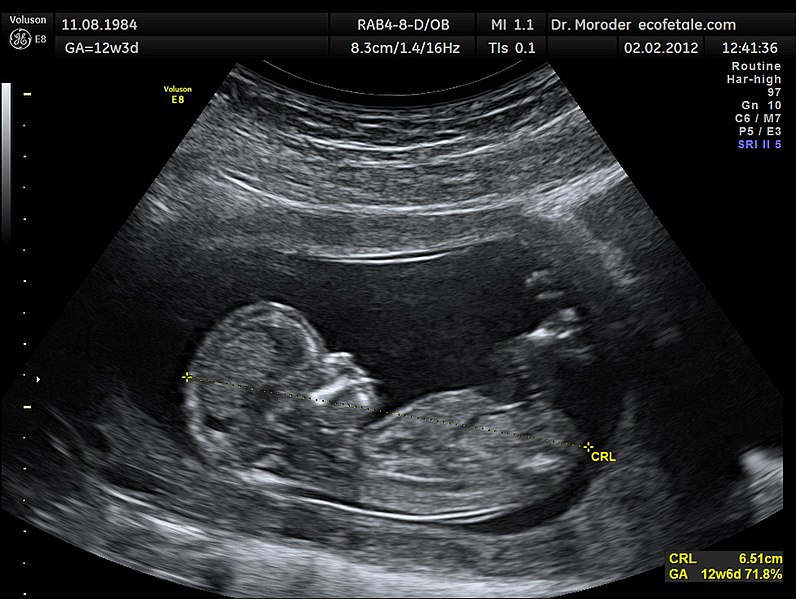Pro-life or not, pregnant women deserve better support systems
A newly proposed piece of legislation in Guam, “The Pregnancy Support Act of 2022,” would require a child’s biological father to make financial contributions to the mother’s pregnancy expenses. Although legislation from Guam may seem far removed from us here in the United States, the bill speaks to greater ideals within the global conversations on topics such as child support and abortion.
The concept of child support beginning in the womb is part of the greater Pregnancy Act that also proposes limits on abortions in Guam. The bill was modeled after the Texas Heartbeat Act. Both bills call for a ban on abortions after the fetal heartbeat can be detected, around the six-week mark. According to an article by Althea Engman on PNC Guam, the Guam bill allows a member of the public to sue a physician for performing an abortion after detecting a heartbeat. It does not allow a government official to file a lawsuit and protects women seeking an abortion from a lawsuit. It also includes an exception in the event that the mother’s health is at risk.
The ongoing debates over whether or not abortion should be restricted continue, especially in light of the recent Supreme Court draft opinion being leaked. For the purpose of this article, I would like to focus on the aspect of child support during pregnancy rather than attempt to address the entirety of the abortion debate. Despite your personal opinions on the topic of abortion, I hope that we can all agree that we as a society should do more to support mothers throughout all stages of their pregnancy and beyond.
The Pregnancy Support Act of 2022 would require fathers to provide monetary support for their unborn child beginning at the six-week mark. According to an article by Joe Taitano in Guam Pacific Daily News, if paternity is disputed but later established, the biological father is responsible for retroactive payments to contribute to costs incurred by the mother during that period.
One of the prominent issues that people have with the pro-life cause is that it only focuses on the baby during pregnancy and does not offer enough support for mothers during or after pregnancy. I do not believe that anyone who subscribes to this doctrine can truly call themselves pro-life. If you are going to preach respect for all human lives, you cannot turn a blind eye to the importance of a mother’s life. Additionally, life is about more than just being alive. Especially in terms of life for the mother. Becoming a parent is a radical change in a person’s life and the mother’s body. Anyone who wants to identify themselves as pro-life should actively work to help women in all aspects of their life and throughout the stages of motherhood.
In the realm of pro-life discussion, a move to establish child support while the child develops in the womb acknowledges the value of its life. Vice Speaker of the Guam legislature, Tina Muña Barnes, stated that “if we as a community decide that a woman must carry a baby to term, we need to have their back. That means ensuring that men step up and pay their fair share.”
It is for this reason that I believe the principle of a father paying child support during the mother’s pregnancy should become a norm in society. Just as a parent contributes to a child’s education, food, clothing, and other necessities when the child is born, they should also contribute financially to the necessities that keep the child alive in the womb.
While this article is not a commentary on the leaked opinion draft concerning Dobbs v. Jackson Women’s Health Organization, I think it does have an important correlation with the issue. Whether or not you agree with the opinions expressed in the draft, our nation is at a stage where we must begin planning for a post-Roe future. I believe that laws concerning measures such as child support payments after pregnancy is deemed viable according to the state’s guidelines are an important aspect of that future. Especially in states that will restrict abortions after a certain point, it is imperative that expectant mothers have systems in place that will support them.


